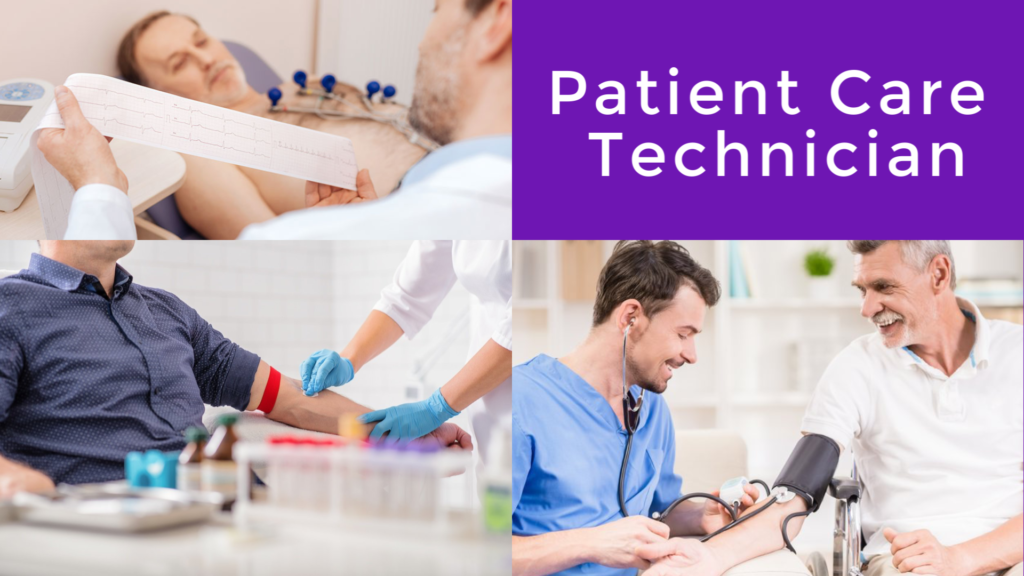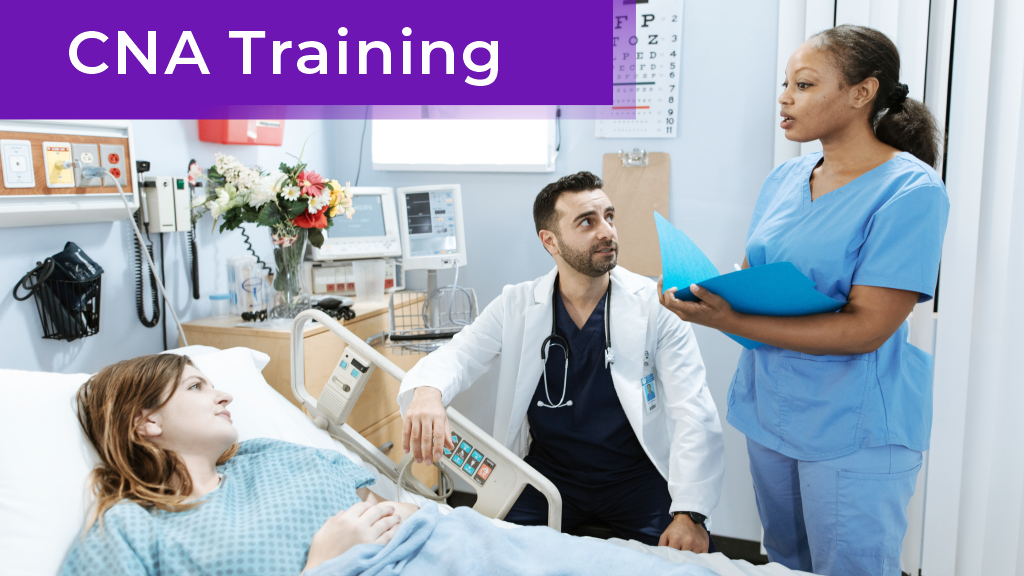The Responsibilities of a Patient Care Technician
To put it simply, patient care technicians or PCT’s provide medical care in hospitals, nursing homes, and doctor’s offices while under the supervision of a doctor or nurse. They also complete tasks if the patient is unable to do them. Some of these are:
- Mobility assistance
- Getting dressed
- Showering or bathing
- Physical therapy
- Feeding
Patient care technicians also have daily tasks that are in the medical realm. Some of these duties include:
- Medication administering
- Cleaning the exam rooms
- Keeping an eye on patients so that they don’t develop bedsores
- Helping patients get to other rooms
- Taking blood pressure
- Monitoring vital signs
If you have always desired to work in the medical field with patients but becoming a doctor or nurse wasn’t quite what you envisioned, a career as a patient care technician may be what you’re looking for. PCTs have a demanding role but the rewards of being able to make a difference in other’s lives make it worthwhile.
Patient Care Techs are likely to become even more in demand. The U.S. Bureau of Labor Statistics (BLS) expects that we will see around a 17% increase in job growth through 2024. Looking to see what it takes to become a PCT? Please read on.
What are the Steps to Become a Patient Care Technician?
The following needs to completed in order to become a Patient Care Technician.
- High School diploma
- Completion of your state’s approved training. Check out Heart To Heart’s Michigan PCT training.
These training programs cover subjects such as anatomy and physiology, medical law and ethics, medical communications, medical records, patient preparation, medical terminology, safety and compliance, and laboratory procedures.
Keep in mind the laws of individual states further dictate the level of responsibility for the PCT role and some states may require further education.
Heart To Heart – PCT Course
The Patient Care Technician class at Heart to Heart is a combination class that includes the Certified Nurse Assistant class, Phlebotomy Technician, EKG Technician, and Basic Life Support CPR class. We offer both day and night options for the CNA class, the day class is two-weeks in length and the night class is four-weeks in length. The Phlebotomy and EKG Technician class are eight-weeks in length and are blended learning classes. The first four weeks of class will take place online, where you will log in to our online classroom and complete lessons. The online lessons include lectures, powerpoint, quizzes, exams, and homework. In the last four weeks of the class, we will meet for a lab at our school. We offer both day and night lab options. In the lab, you will be able to work with the Phlebotomy and EKG equipment and get hands-on practical experience. Lastly, the BLS CPR class is one day and a few hours in length.






